Search

2019 Corn Fungicide Field Trials Summary
This document contains results of corn field trials conducted during the 2019 growing season to evaluate foliar fungicides to manage various corn diseases.
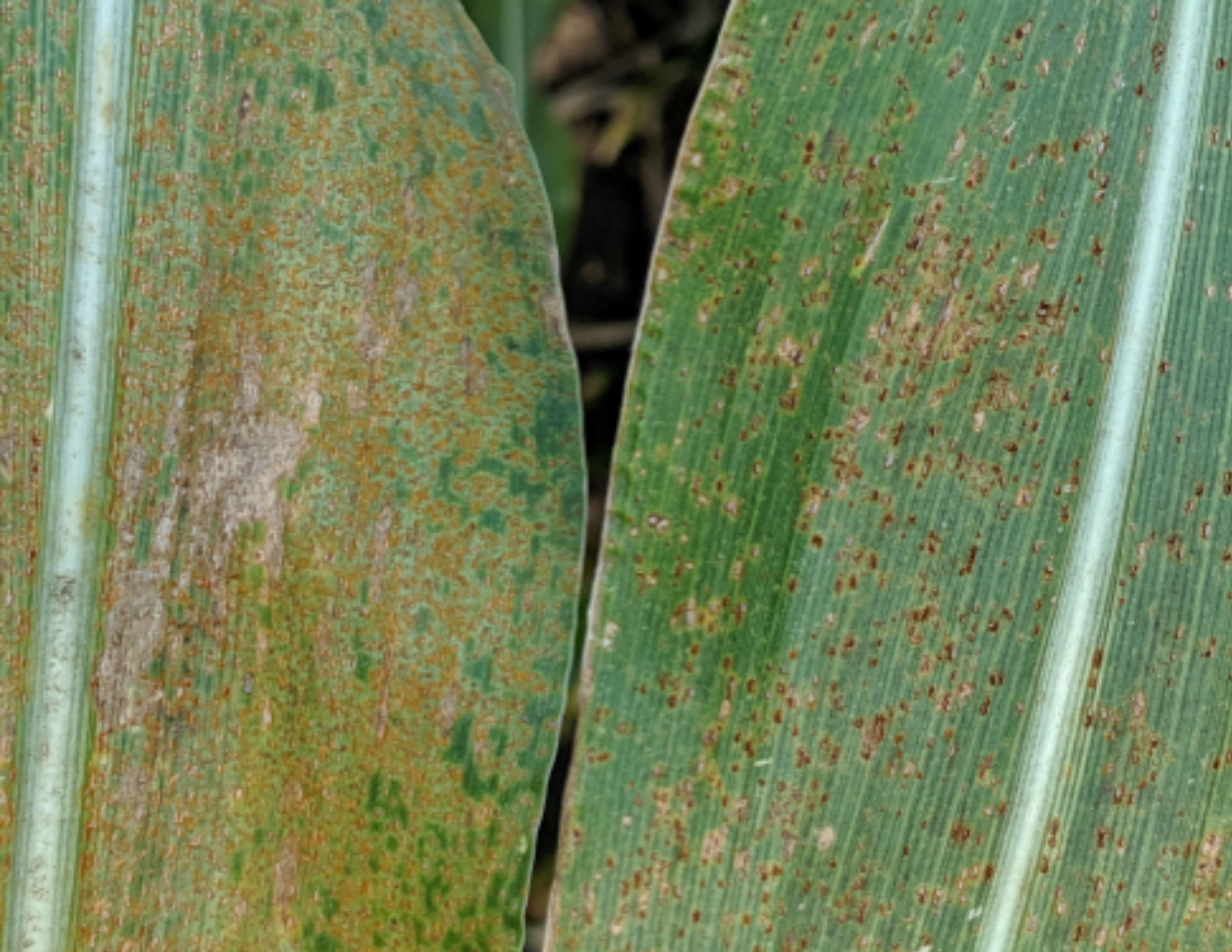
Southern Rust Developing Late in Corn
Southern rust was found in a few corn fields scouted last week. This rust is developing very late in the season and therefore its impact on corn yield will be minimal.
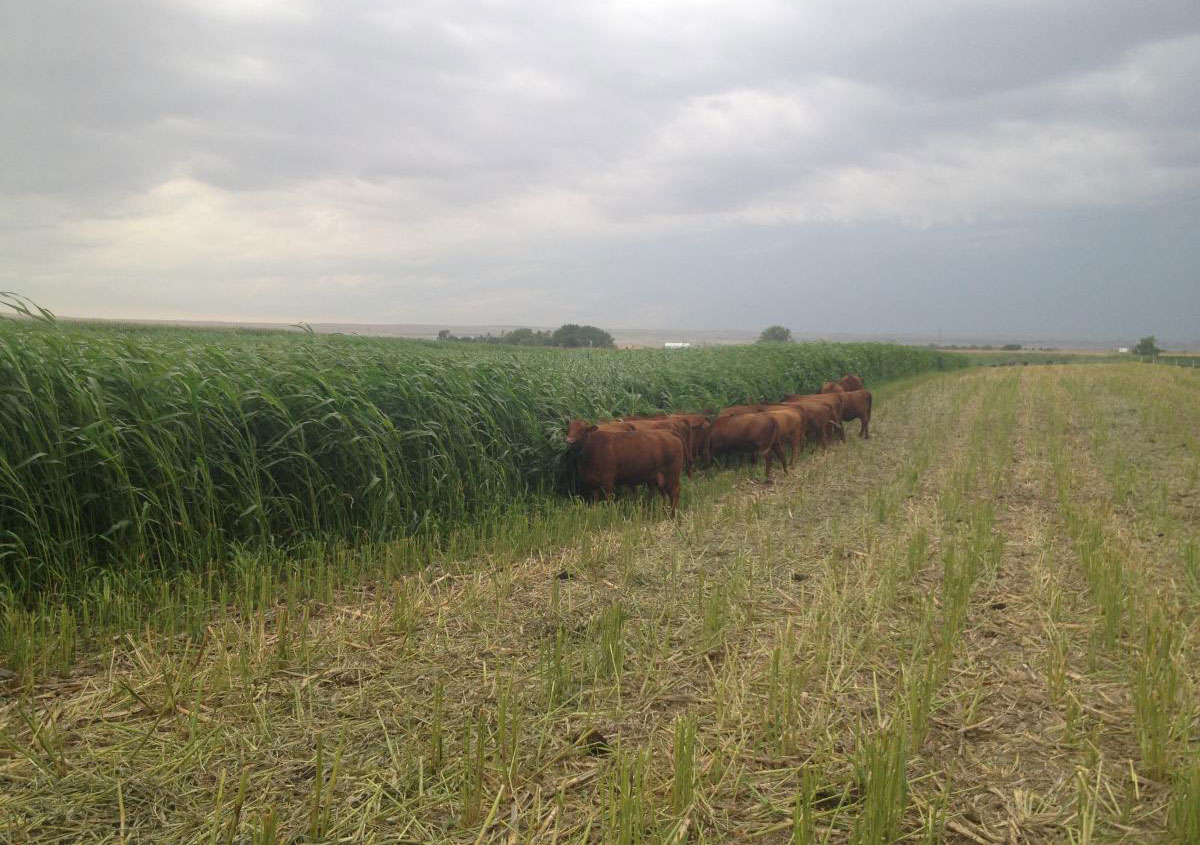
Prussic Acid Poisoning
As the first frost date approaches, producers often have concerns about the risk of prussic acid poisoning in livestock. Certain forage plants, especially sorghums and related species are associated with an increased risk of death loss because of prussic acid poisoning.
Multi-Species Grazing as an Alternative to Pasture Spraying
Broadacre spraying of pastures is intended to reduce undesirable plants and increase grasses for livestock. This practice often results in unintended consequences, including damage and reduction of native forbs and reduced profitability. One approach to managing perceived “weedy” plants is incorporating different species of livestock into a grazing operation.
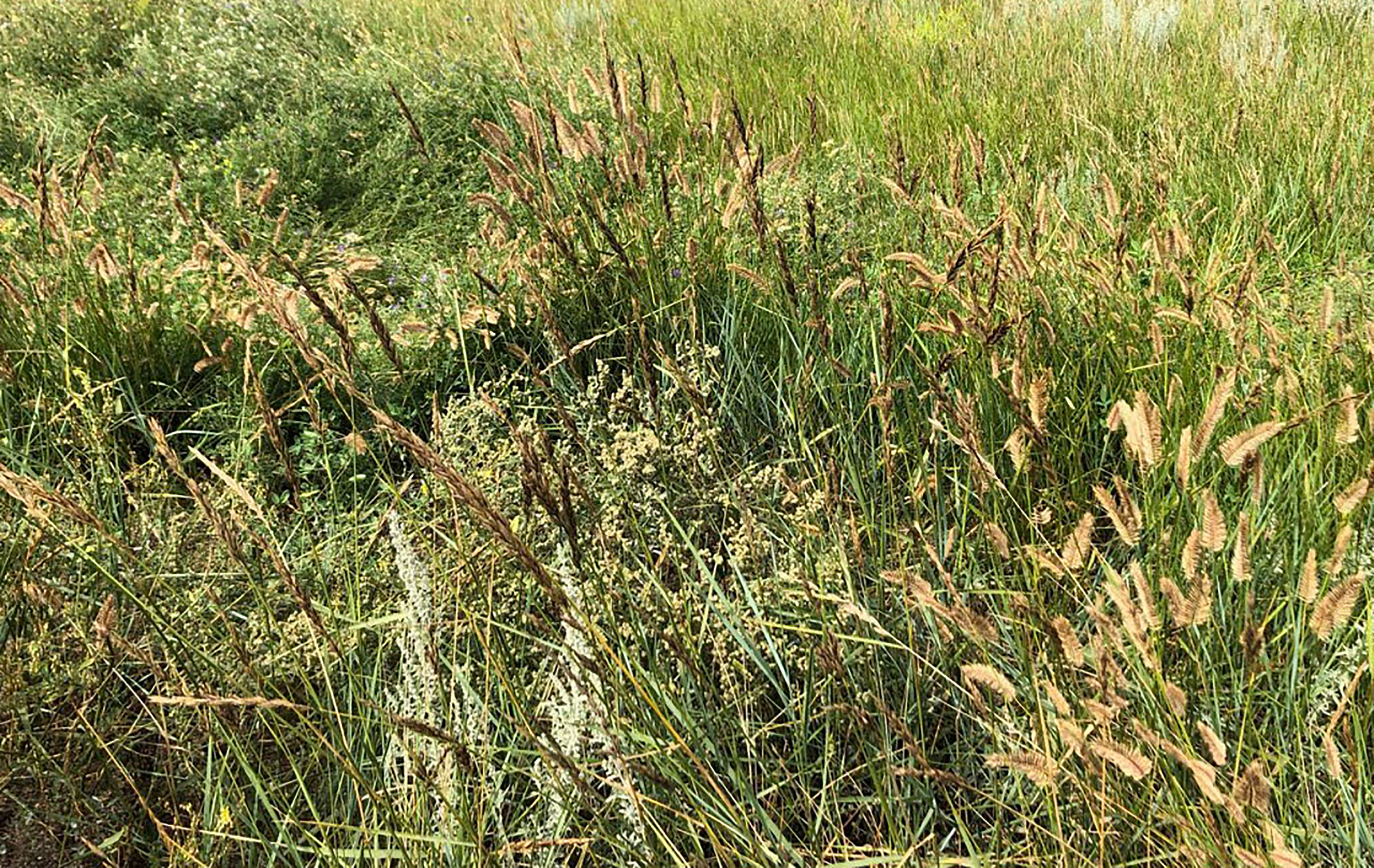
Ergot in Western Wheatgrass and the Potential Effects for Winter Grazing
2019 has been a year fraught with challenges for ranchers across South Dakota. Abundant precipitation is usually a blessing, however, wet conditions coupled with a cool spring followed by warmer temperatures has caused another problem across the rangelands of South Dakota: ergot poisoning.

Climate Adaptability of Winter Wheat
For most of us, wheat is wheat. However, there is a distinct difference between spring and winter wheat, even though the vegetative characteristics of these two wheat types are very similar.
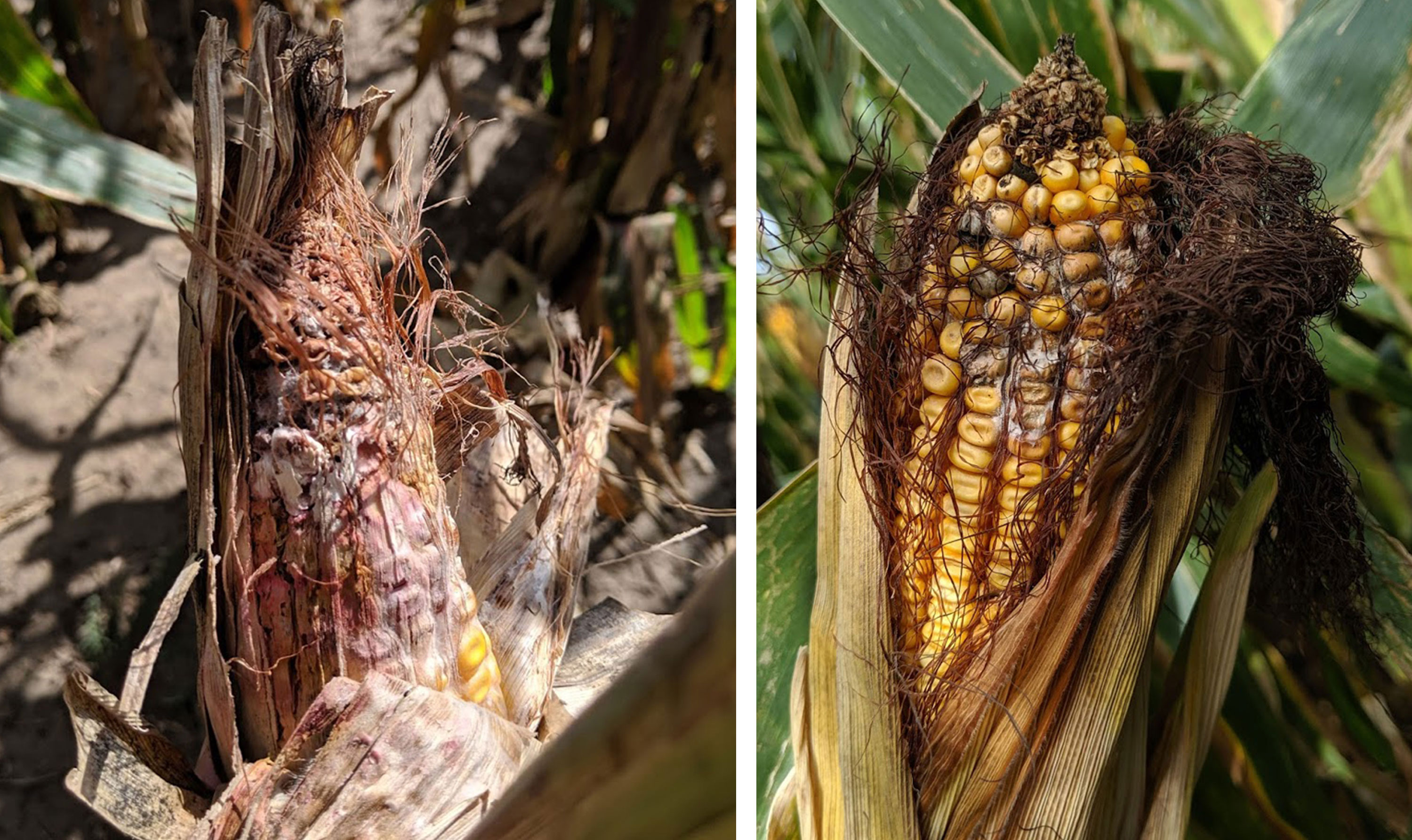
Gibberella and Fusarium Ear Rots Developing in Corn
Corn ear rots are one of the last diseases to scout for in the corn growing season, and sometimes they are ignored or forgotten entirely. Ear rots can cause yield loss in the form of grain quality at harvest, but also cause losses during storage.

Pre-Plant Disease Management Considerations
If the forecast holds true, it looks like it is going to be another year of excessive soil moisture and possible flooding come this spring. The increased level of soil moisture has implications with regards to plant stand establishment as well as root rot and nematode infestations.
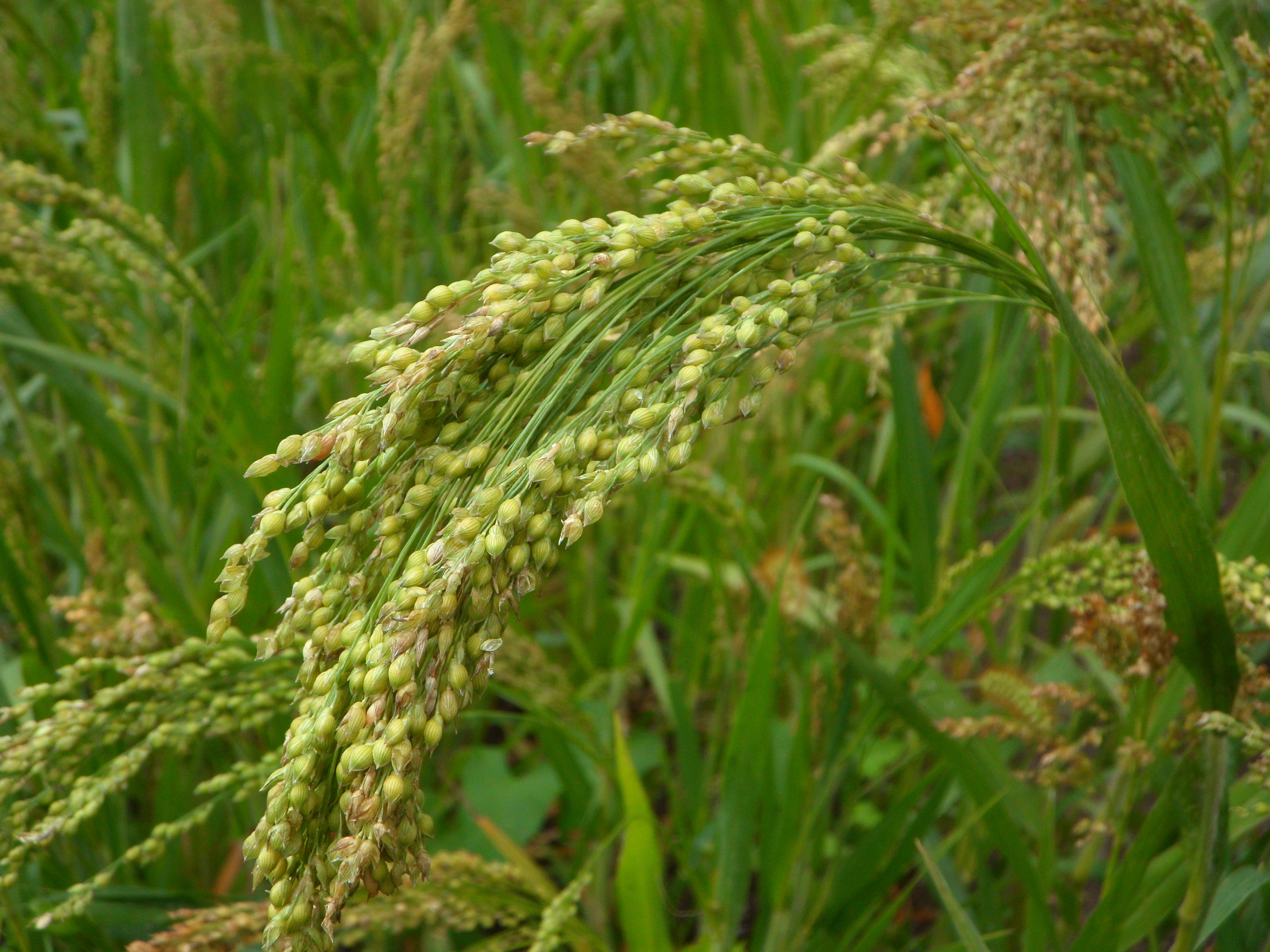
Proso Millet Trial Results
In 2020, proso millet trials were conducted in 1 location in South Dakota.

2021 South Dakota Pest Management Guides Now Available
February 04, 2021
SDSU Extension has released the 2021 South Dakota Pest Management Guides.